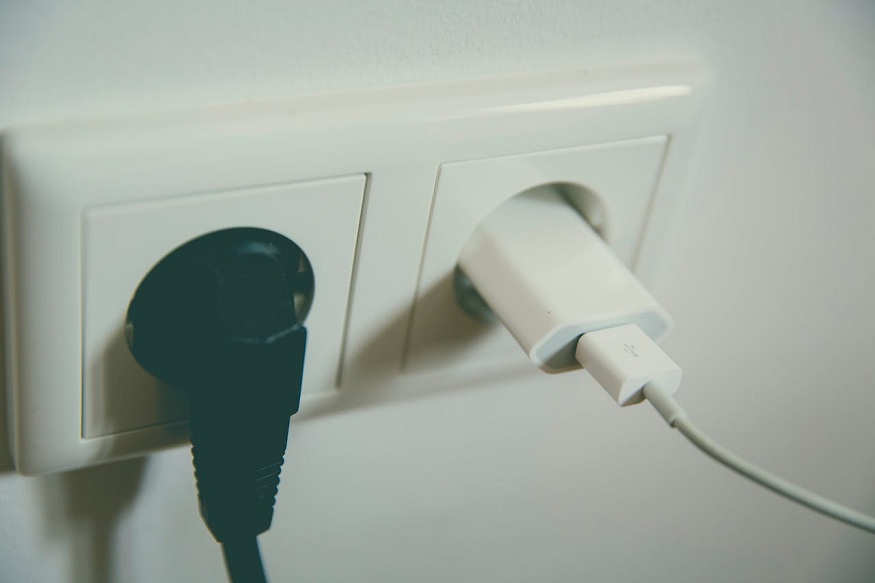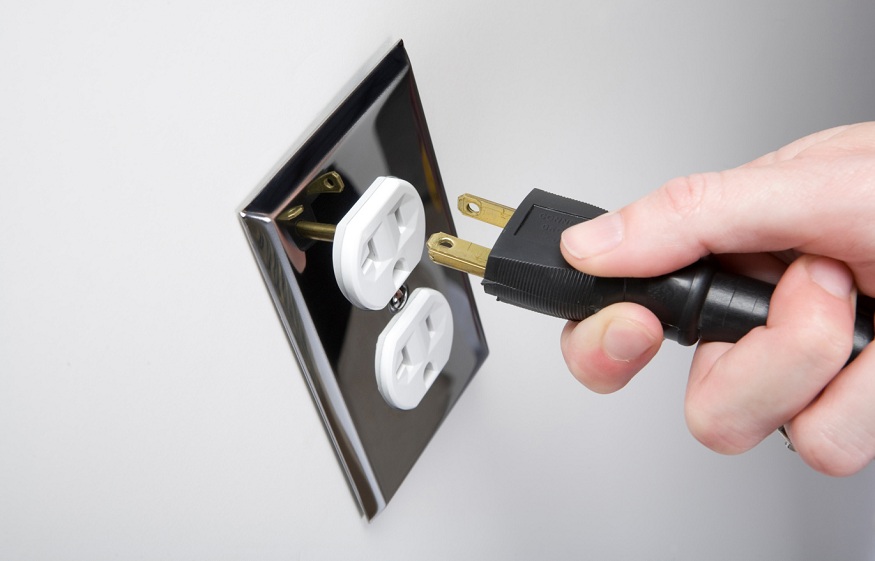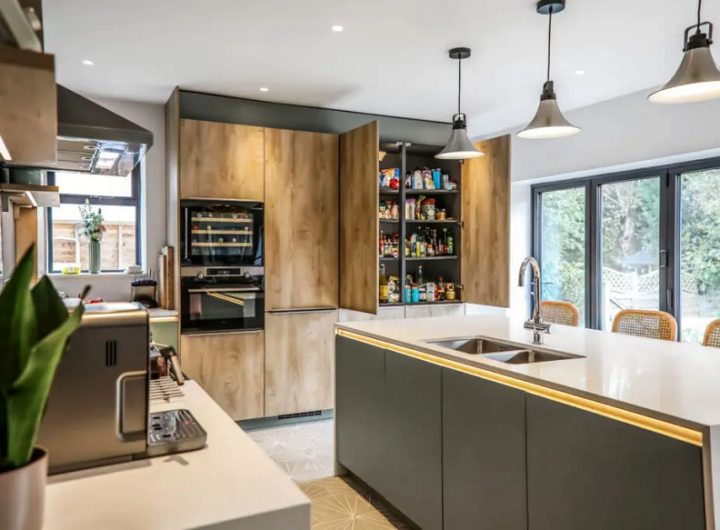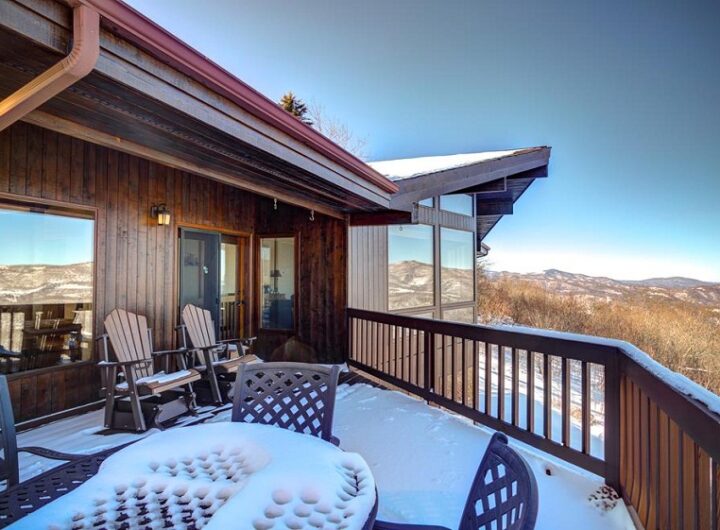
Meta Description: Find out how to check if your home is ready for the future with smart upgrades, safety standards, and efficient electrical planning.
Introduction
In today’s fast-changing world, homes are getting smarter, more connected, and more dependent on electricity than ever before. From smart appliances and automation systems to power-hungry entertainment setups, the electrical demands of modern living are rapidly evolving. But here’s the question is your home ready for it?
An electrically future-proof home isn’t just about staying up-to-date it’s about safety, convenience, efficiency, and adaptability. Whether you’re building a new home or upgrading an existing one, here’s how you can tell if your electrical setup is prepared for the future.
1. Do You Have Sufficient Outlets and Wiring Capacity?
Older homes were built with fewer gadgets in mind. Today, every room houses multiple devices: smartphones, smart TVs, speakers, air purifiers, chargers, and more. If you’re constantly hunting for a free plug or using too many extension cords, your home likely lacks sufficient outlets.
Even more important is the wiring capacity behind those outlets. Future-proof homes are designed with higher load tolerance, ensuring safe and stable performance even when multiple high-power devices run simultaneously.
Check:
– Are your outlets modern, spaced conveniently, and sufficient in number?
– Do circuits trip often when multiple devices run?
If yes, it may be time for an upgrade.
2. Are You Using Modular, Customizable Switches and Sockets?
Today’s modular electrical systems allow for custom configurations, better aesthetics, and easy upgrades. Whether you want USB sockets, night-glow indicators, or touch-based switches, future-ready systems make it possible.
Additionally, they are easier to repair or replace without damaging the walls — a major advantage for long-term flexibility.
Check:
– Are your switches and sockets modular and customizable?
– Do they allow for upgrades like automation or dimming?
If not, consider switching to a more adaptable system.
3. Is Your Home Automation-Ready?
From motion-sensing lights to app-controlled appliances, smart technology is fast becoming the norm. Whether or not you’ve already embraced it, a future-proof home should be automation-ready.
Even basic wiring layouts should support add-ons like smart switches, voice control integrations, or timers — allowing easy upgrades without major rewiring.
Check:
– Are your switchboards or lighting systems compatible with automation modules?
– Is there a central hub or Wi-Fi-based control system in place?
Planning now helps avoid larger expenses in the future.
4. Are You Using Energy-Efficient Lighting and Fixtures?
Smart homes aren’t just about technology — they’re also about sustainability. LED lights, motion detectors, and energy monitors help reduce electricity bills while minimizing your environmental impact.
Many homeowners make the mistake of investing in smart gadgets but overlook the basics, such as efficient lighting and power-saving features.
Check:
– Are you using LED lights throughout your home?
– Do you have features like dimmers, occupancy sensors, or timers?
These upgrades are both practical and cost-effective.
5. Is Your Home Electrically Safe and Compliant?
Future-readiness starts with a safe foundation. Proper earthing, surge protection, high-quality switches, and fire-retardant wiring are non-negotiable. A modern home should comply with the latest electrical safety standards and be ready to handle both current and future loads.
Check:
– When was your last electrical safety audit?
– Are your circuit breakers modern and functioning properly?
Electrical safety is the first step toward being prepared for the future.
Final Thoughts: Future-Proofing Isn’t a Luxury — It’s a Necessity
Your home may look modern on the surface, but true future-readiness starts behind the walls — in the wiring, switchboards, and infrastructure that powers everything else. With technology evolving every year, upgrading your electrical system is one of the smartest investments you can make.
Whether you’re planning a full renovation or just starting out, make sure your home is equipped to handle not just today’s needs — but tomorrow’s possibilities.
If you’re unsure where to begin, consult a certified electrical professional who can assess your current setup and recommend the right upgrades. Future-proofing isn’t just about keeping up — it’s about getting ahead.

 How to make a back and forth in electricity? Why it does not work .?
How to make a back and forth in electricity? Why it does not work .?  Designer Kitchens & Bathrooms: How to Choose Style That Truly Works for You
Designer Kitchens & Bathrooms: How to Choose Style That Truly Works for You  How Often Should You Vacuum Your Carpet?
How Often Should You Vacuum Your Carpet?  Myths about Pest Control Services in Clermont: You Need the Experts!
Myths about Pest Control Services in Clermont: You Need the Experts!  A Log Cabin State of Mind
A Log Cabin State of Mind